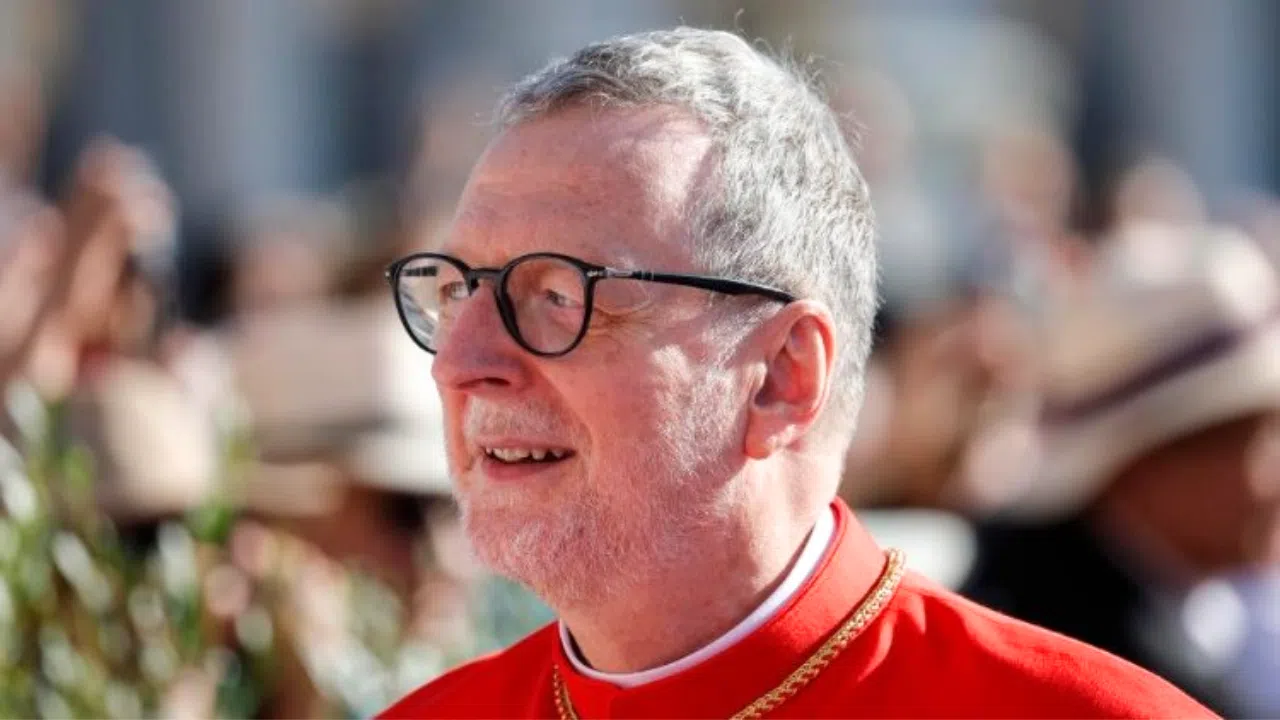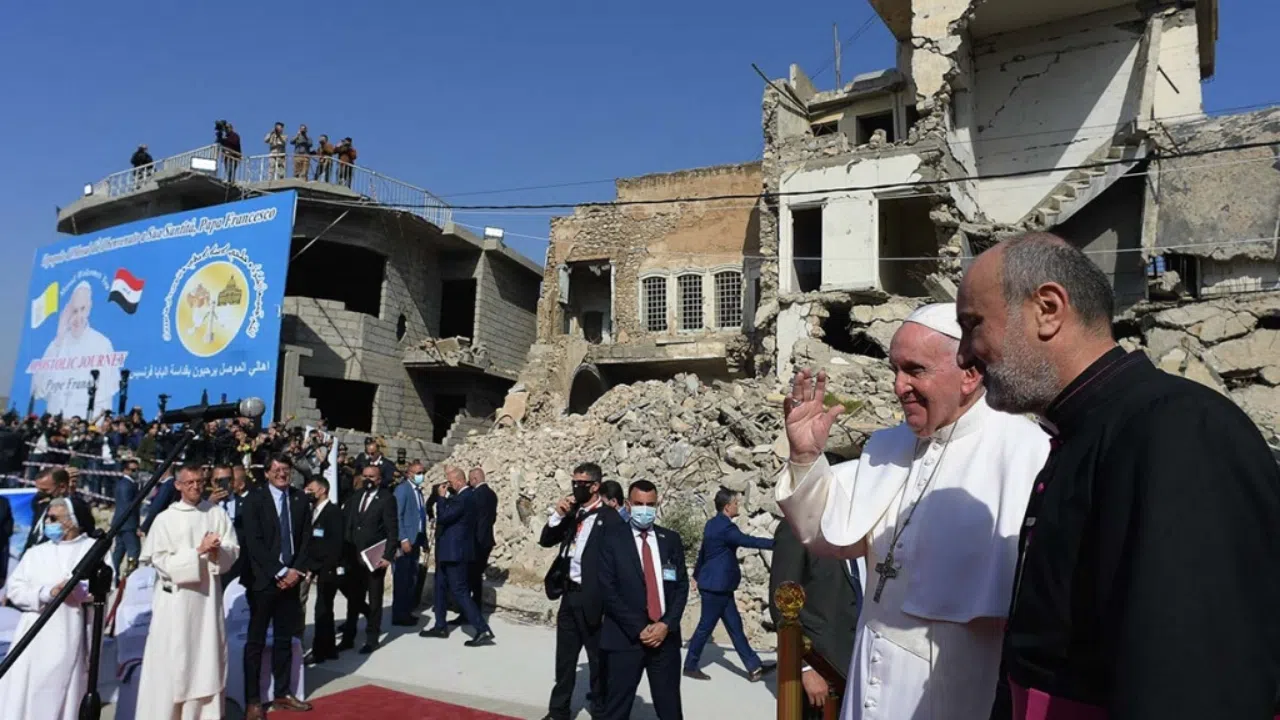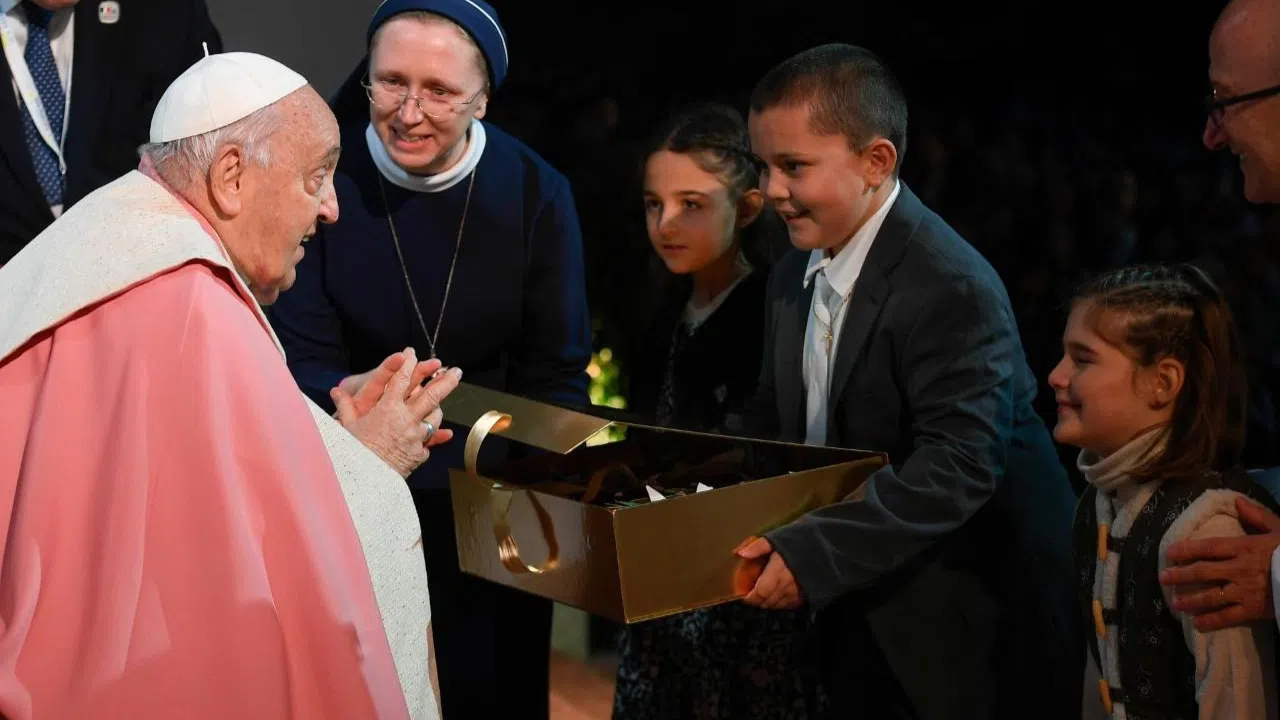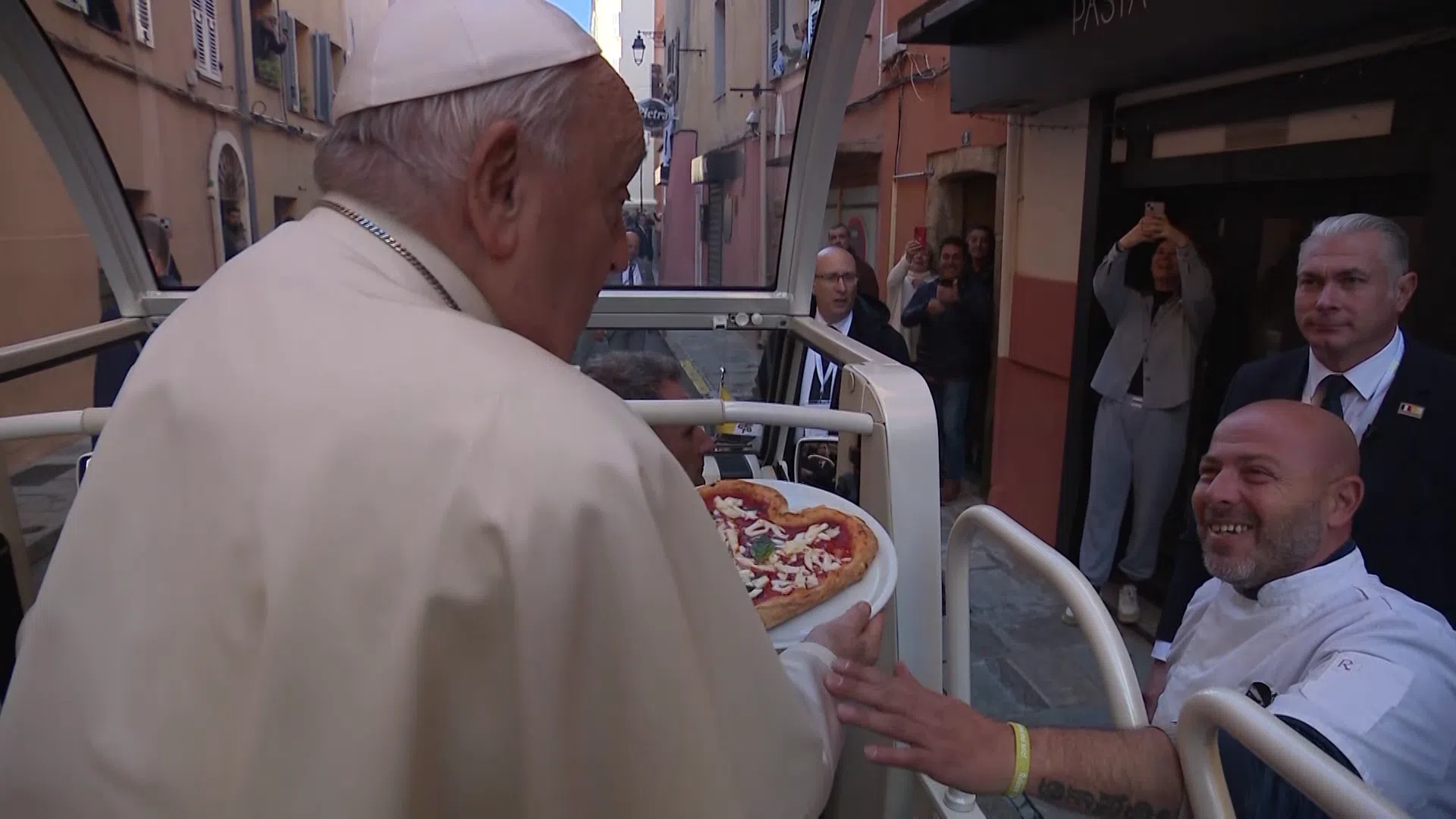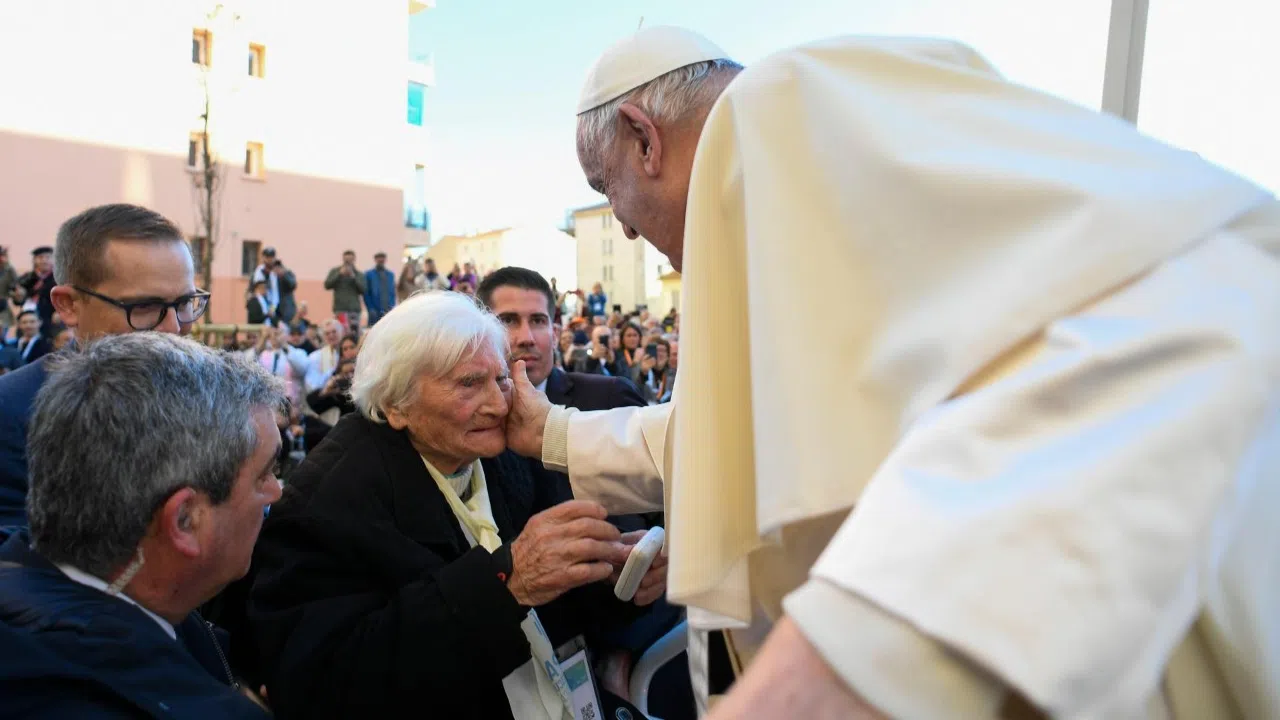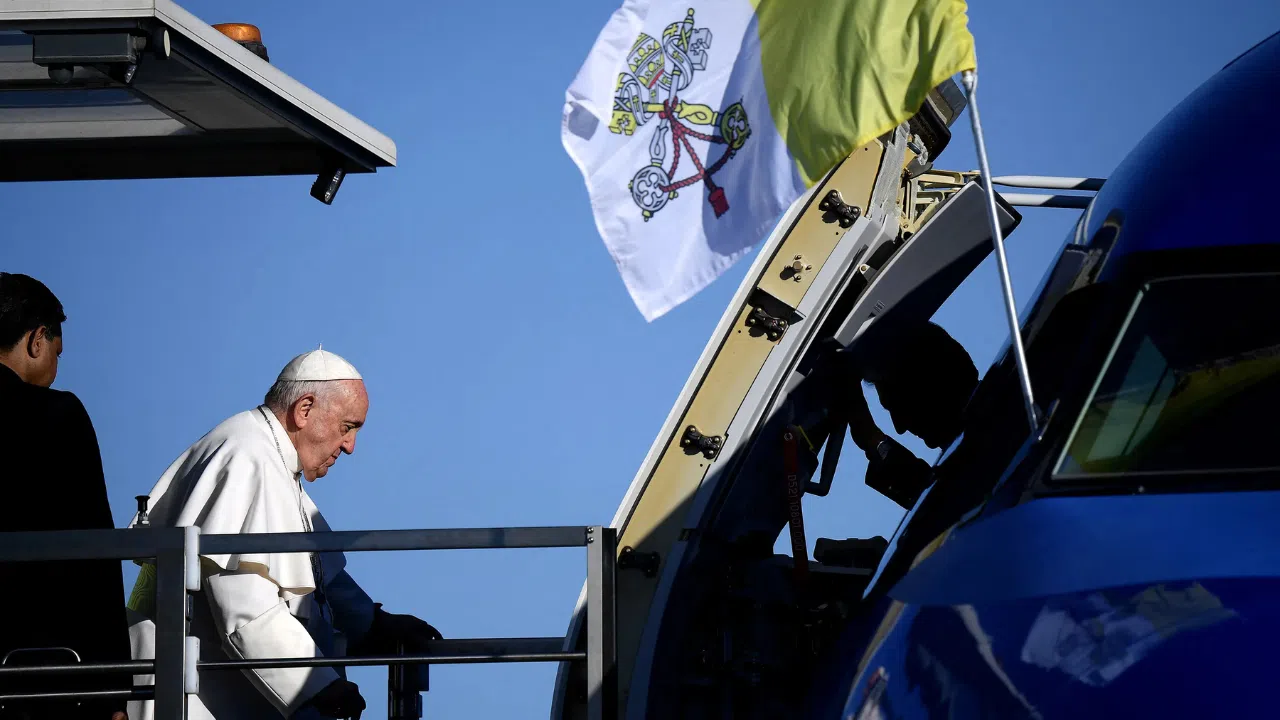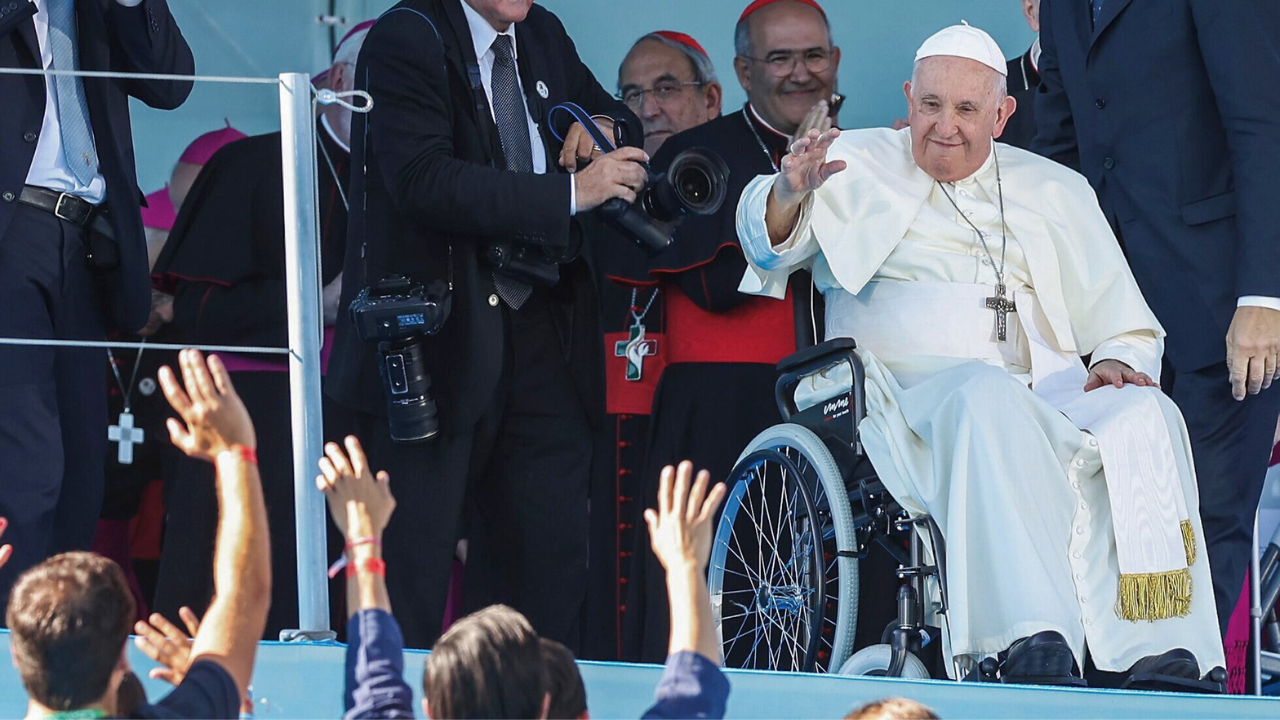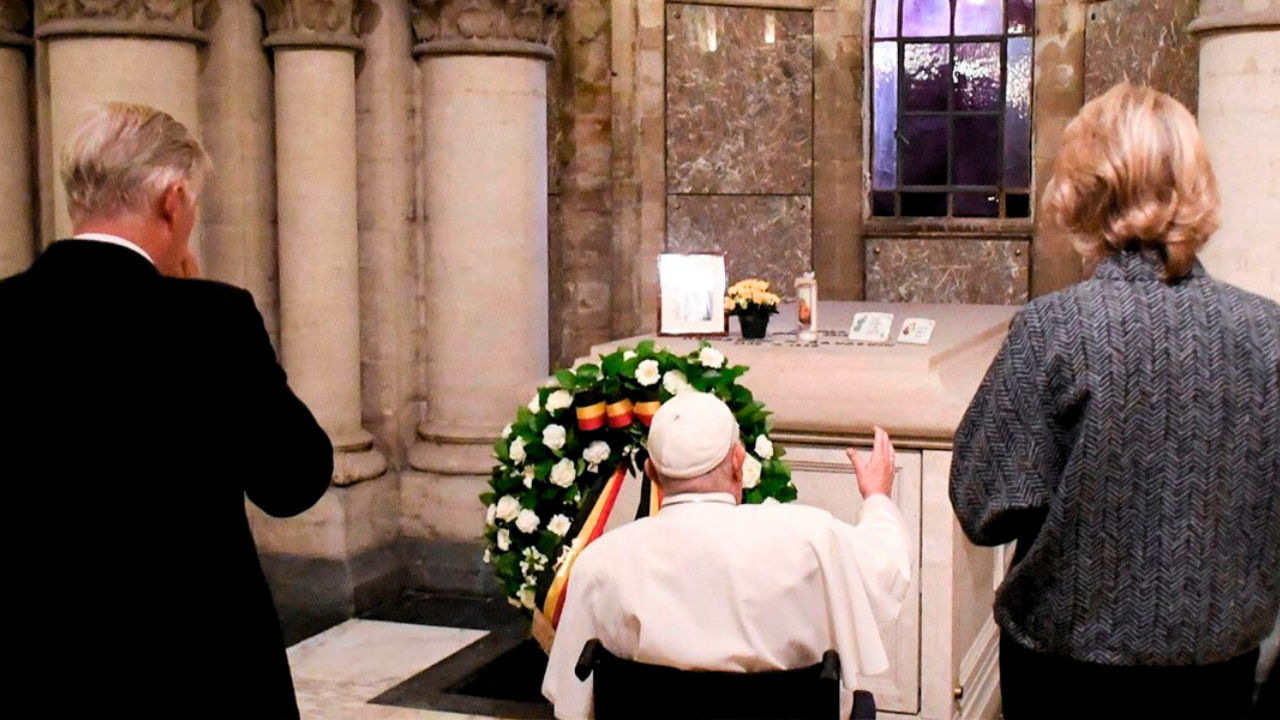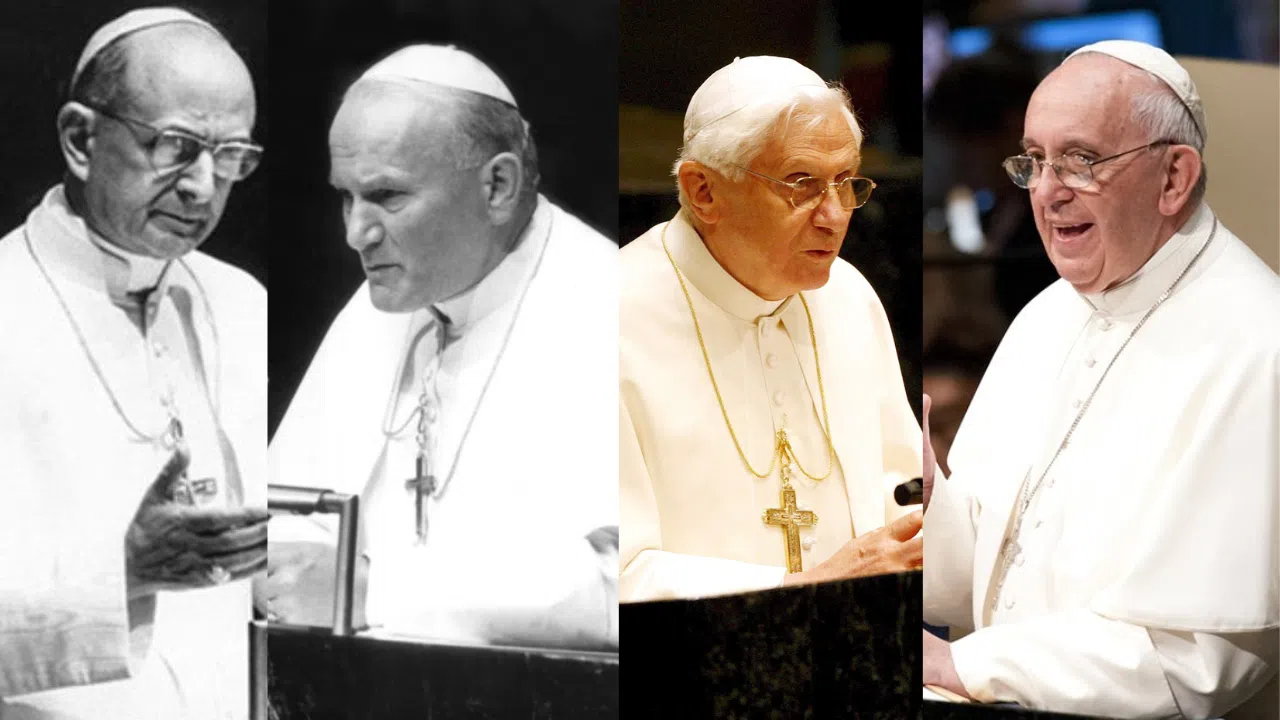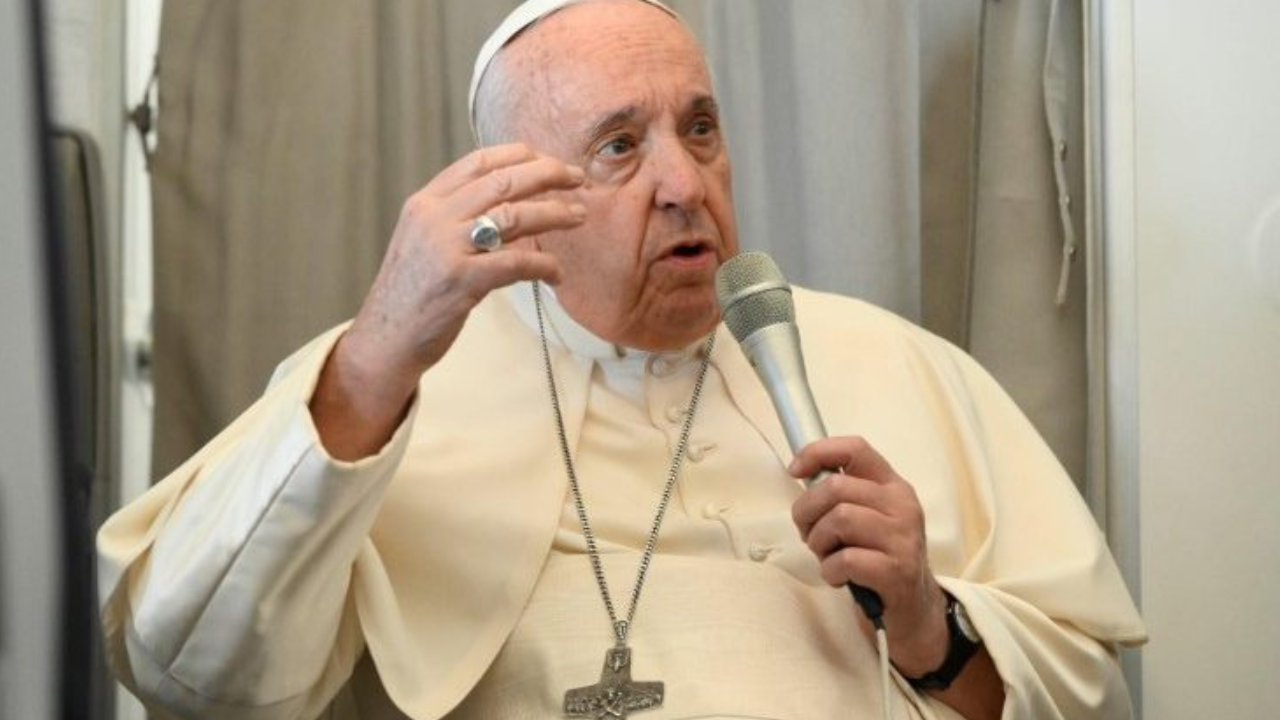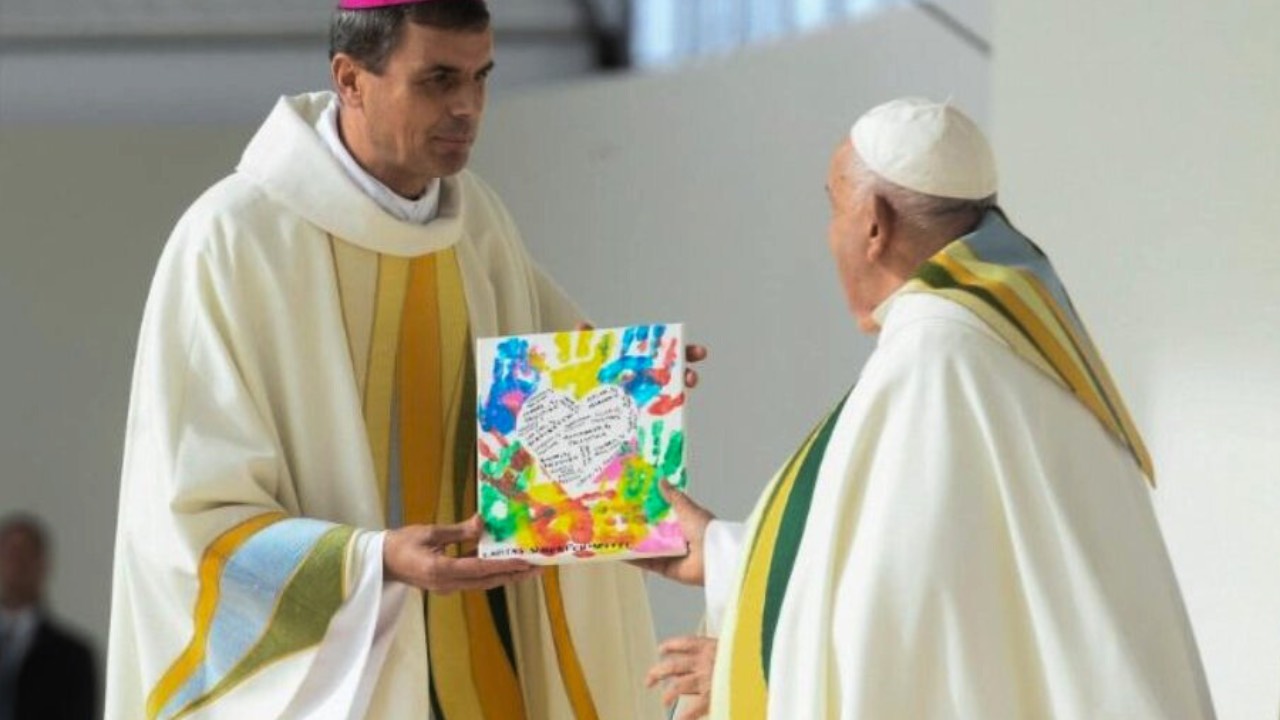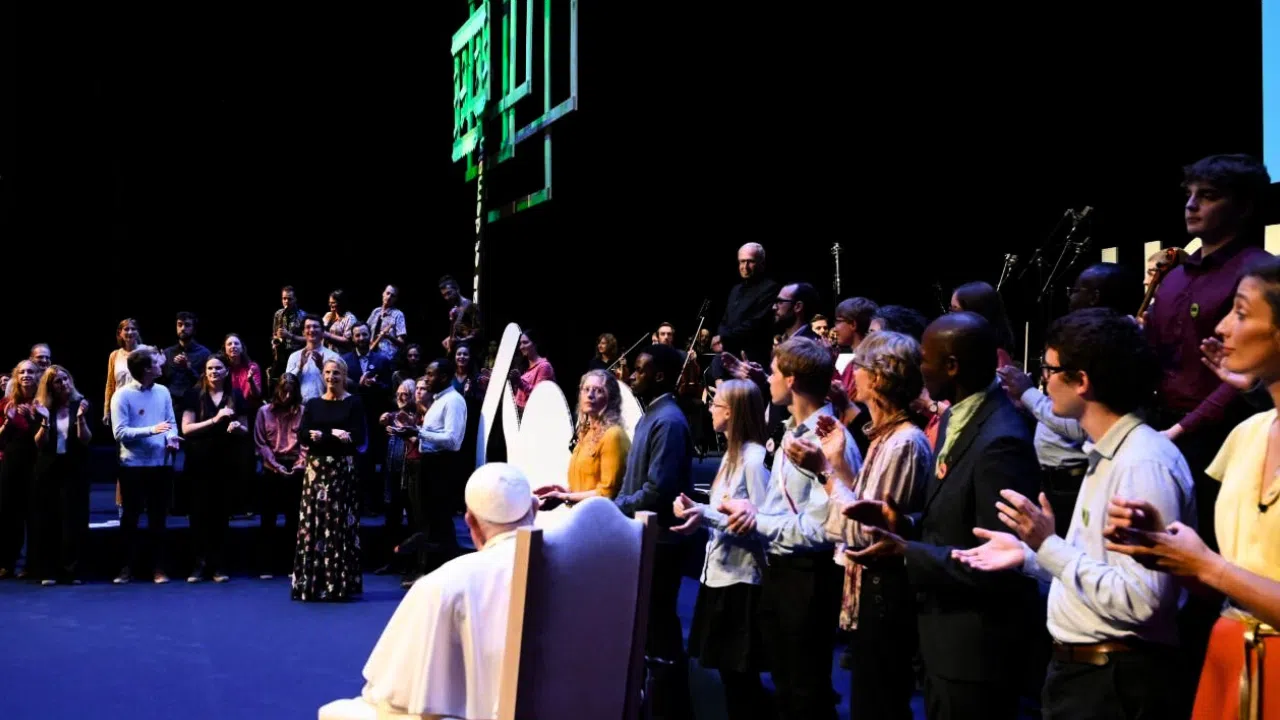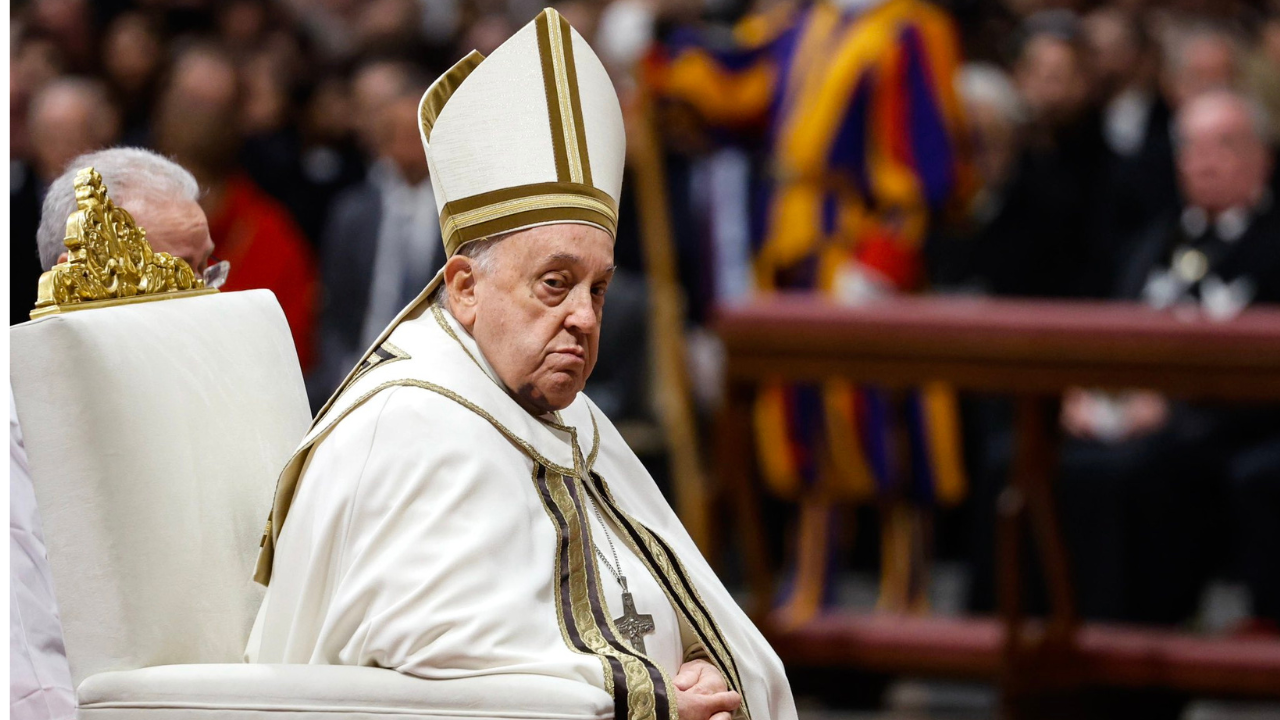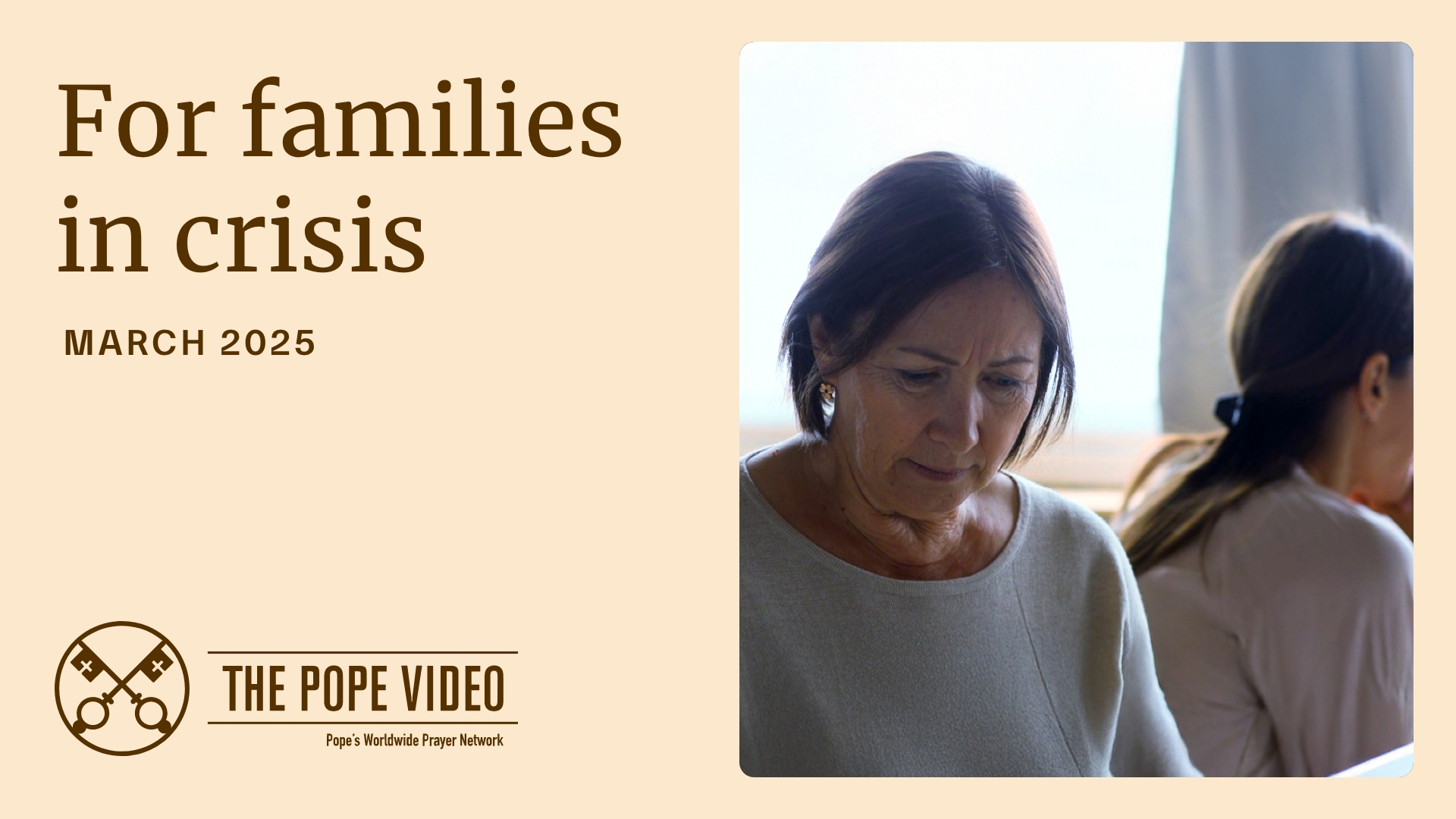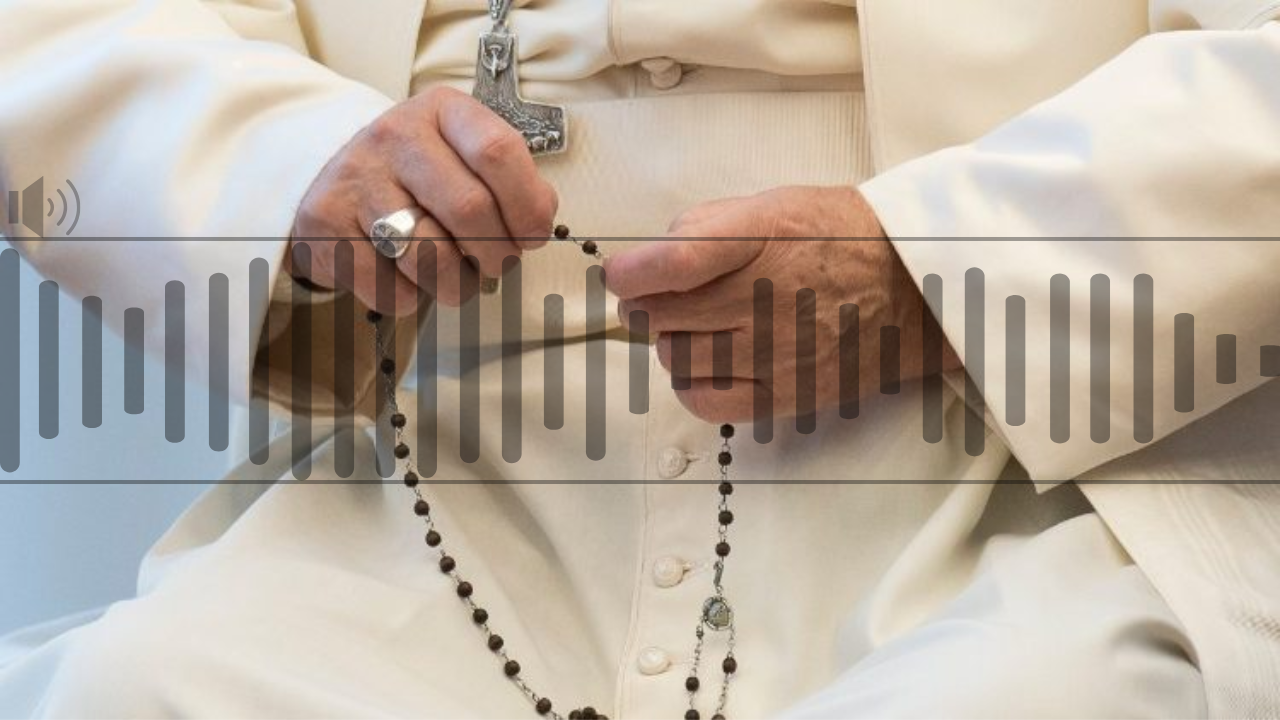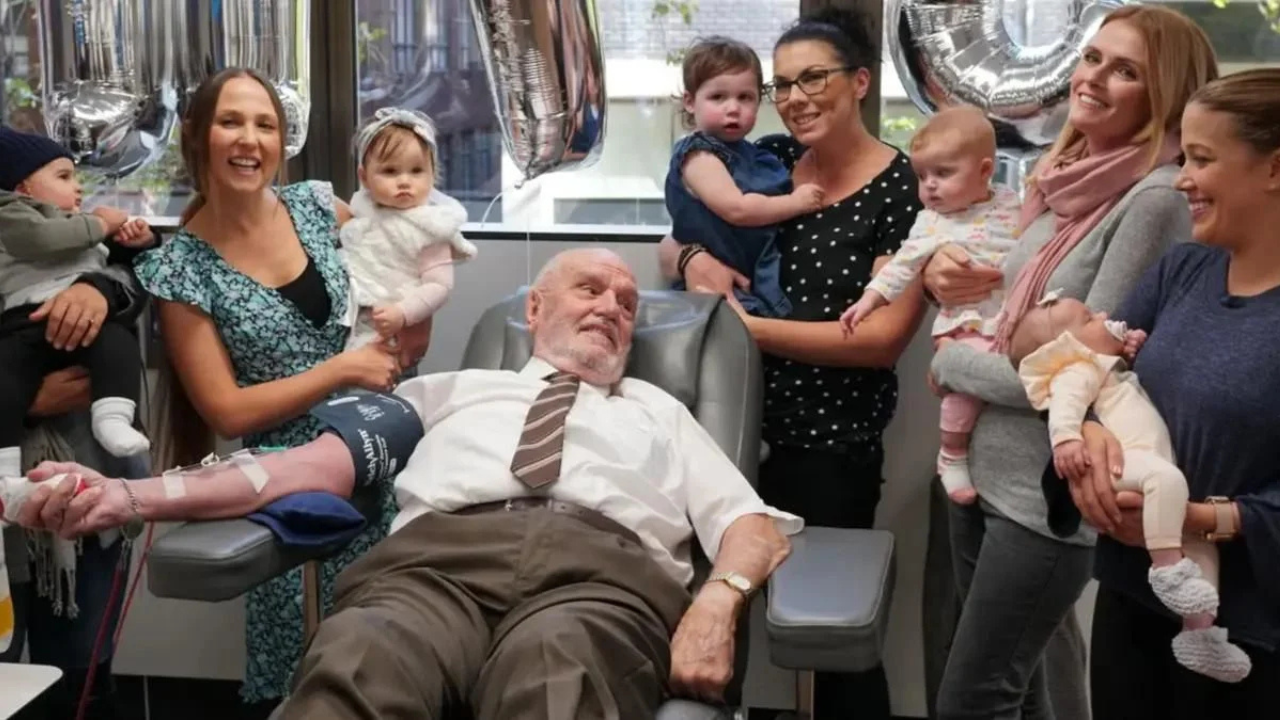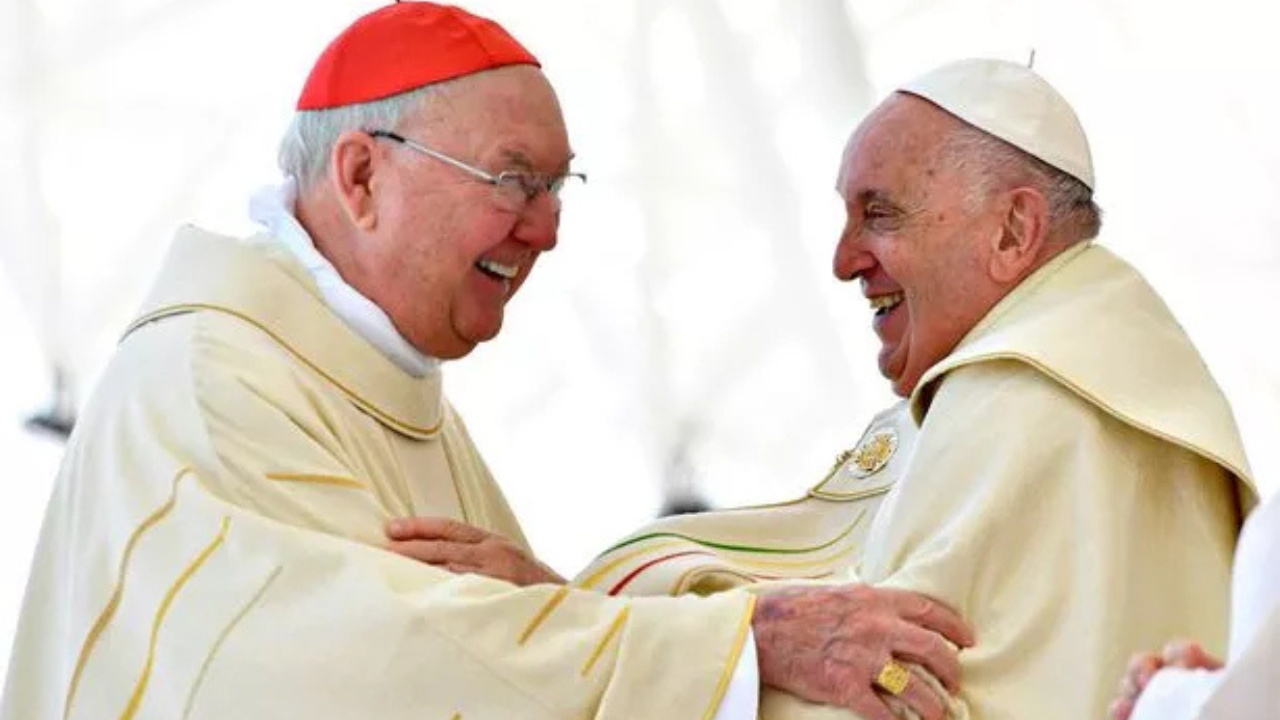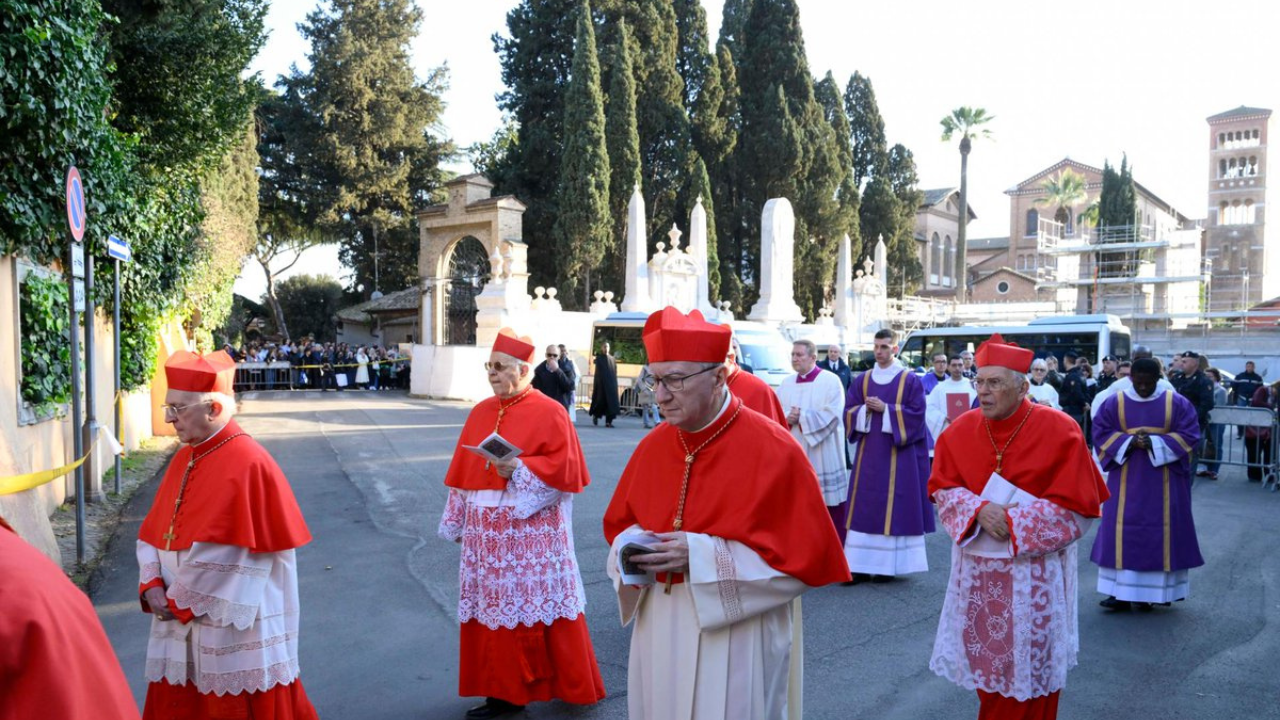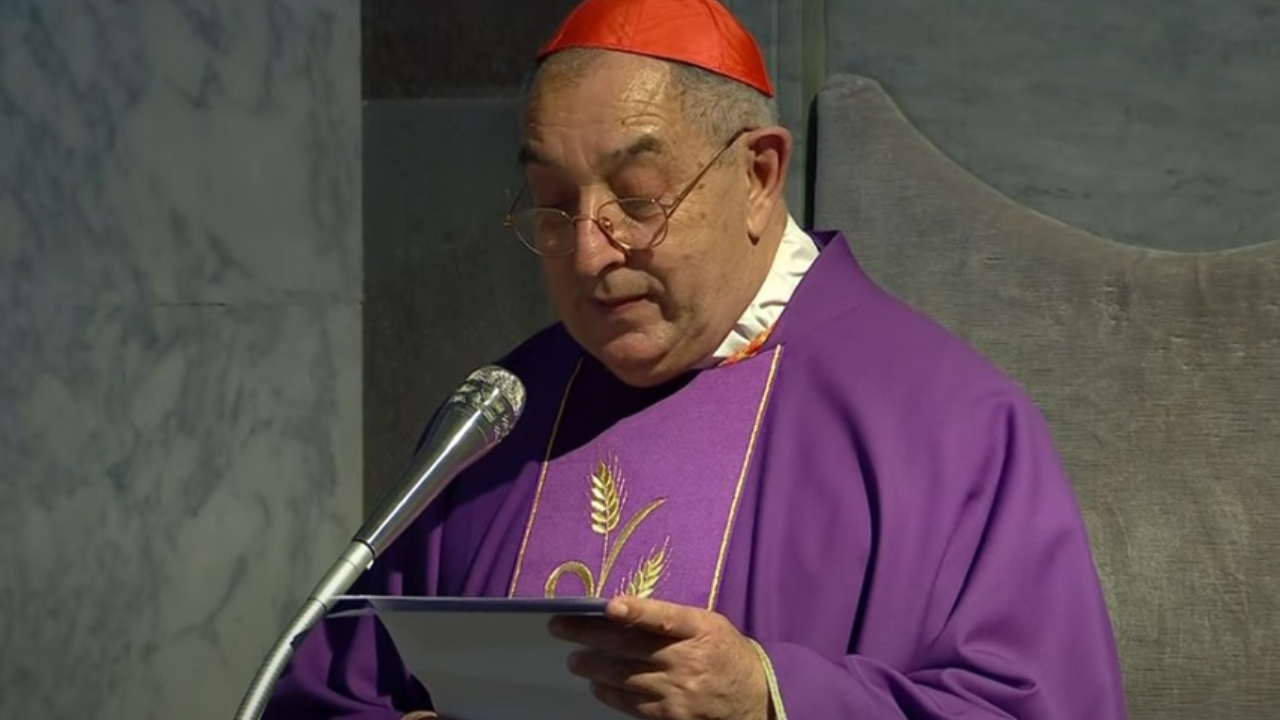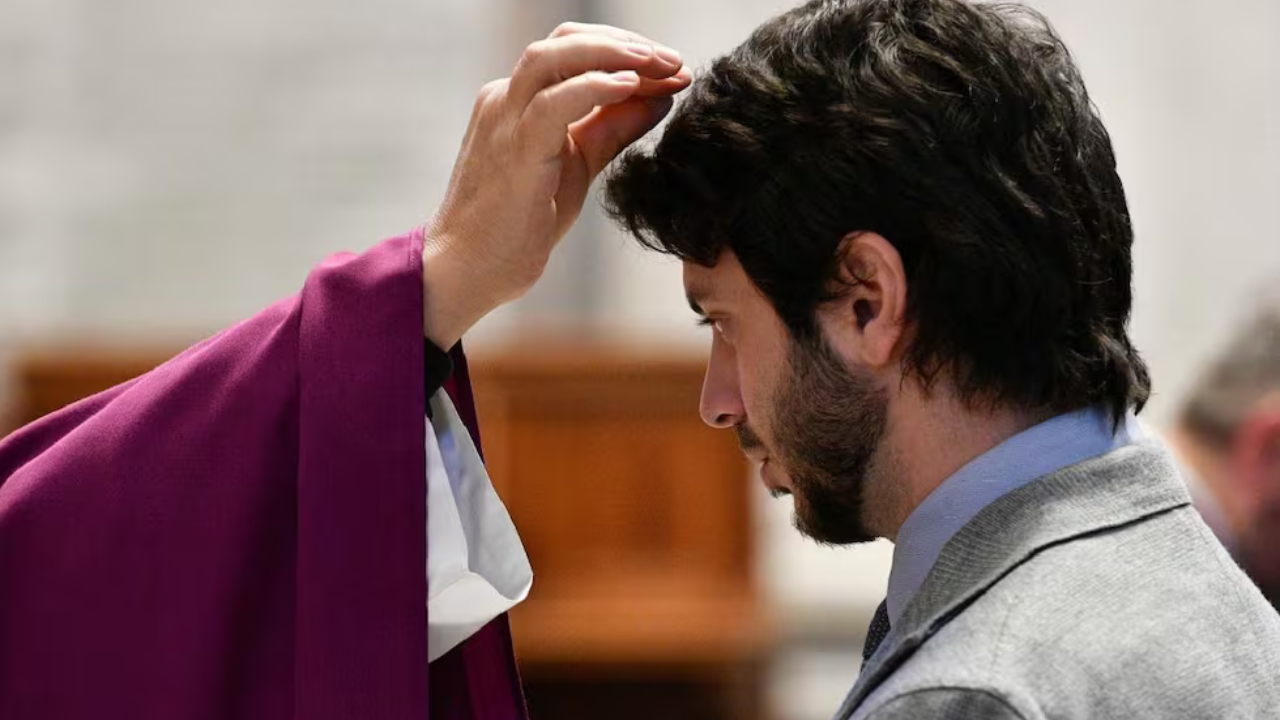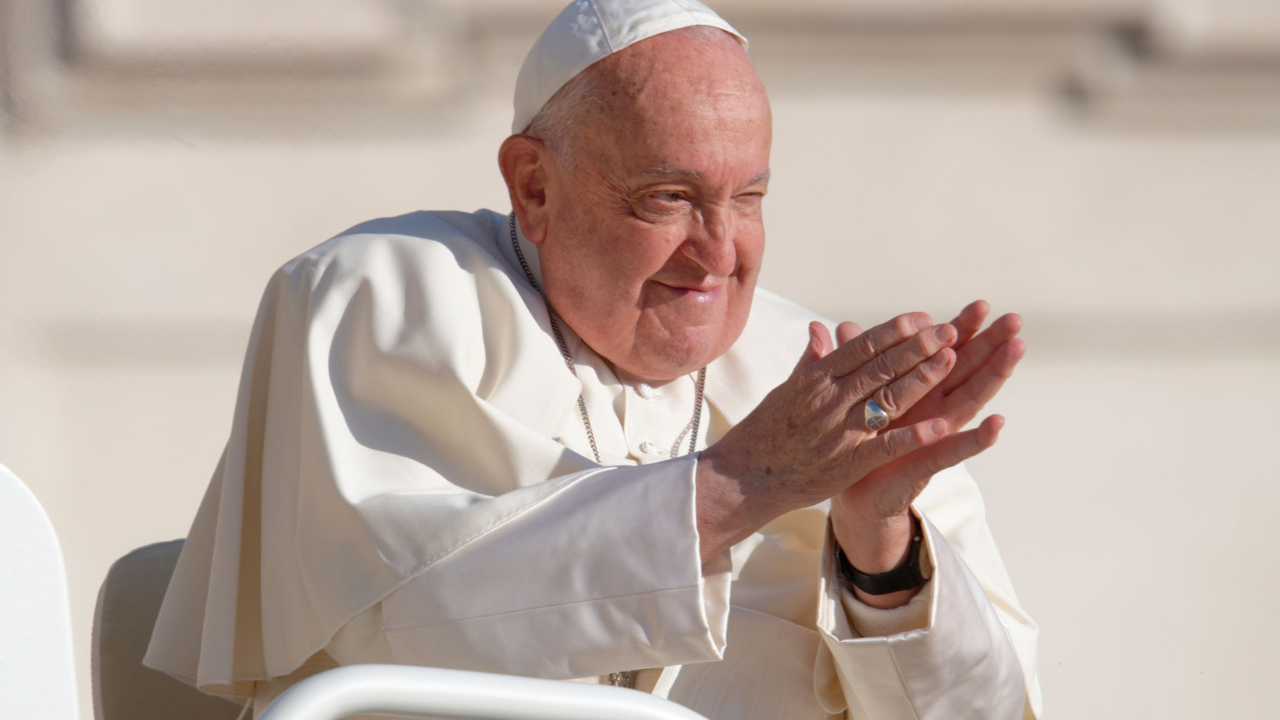This river is a source of life. The Amazon produces one out of three rainfalls around the world, a flow that also produces one out of five glasses of water consumed around the world daily. Not only is the Amazon an essential resource for the entire planet, but for those who live there, it is much more. It is an authentic way of life that, unfortunately, has been threatened for decades.
To stop the environmental and socio-cultural deterioration, there are people and institutions that work closely with the indigenous communities. One of these organizations is REPAM, the Pan-Amazon Ecclesial Network, and one of the indigenous activists is Colombian, Anitalia Pijachi.
For the last 20 years, now with the help of REPAM, she has defended the rights of the indigenous.
ANITALIA PIJACHI
Indigenous Leader
“Call it the rubber genocide, call it the extractivism of skins, call it the exploitation of wood, petroleum fracking, call it legal or illegal mining... it all produces the same impacts not only on the environment, but also on culture. There is also a spiritual and territorial impact. It's the question of seeing territory not as an object, but as the subject of rights. In fact, in Colombia, our Amazon is recognized as a subject with its own rights because we see it as a living being.”
She's not Catholic, but has united with the Church in order to stop the abuses to which her family was victim. In her town, Ocaima, only 100 people remain. It almost disappeared in the so-called 'rubber genocide,' when thousands of indigenous people were exterminated at the beginning of the 20th century. Slave labor was used to extract rubber from the Amazon trees. Her own family had to flee their home to survive.
ANITALIA PIJACHI
Indigenous Leader
“I am the result of violent processes, of forced displacement during the age of colonization, the rubber genocide.”
“I carry the burden of pain and resistance. The resistance of a woman.”
Stories like hers are repeated throughout the Amazon, from people who feel they have been forgotten for a long time. This is why the attention that the celebration of the synod has brought brings them so much hope.
ANITALIA PIJACHI
Indigenous Leader
“Our elders say, 'finally, the grandfather of the white man, who thinks like us, has arrived. He feels as we do, because he has a spiritual connection.'”
“The grandfather of the white man is Pope Francis.”
REPAM has compiled what the Amazonians want the rest of the world to hear. They want Rome to look at them with open eyes.
MAURICIO LÓPEZ
REPAM Executive Secretary
“The first thing is to remove the prejudice against indigenous people. There is the idea that indigenous towns are permanently the same without ever changing. The communities are alive, and have their own proposals.”
“There is a richness when there is a reciprocal relationship, which is why we are talking so much about interculturality, about diverse cultures that meet, and in conditions of respect and equality, give all they have.”
This richness will be evident during the synod, thanks to the consultation process led by REPAM. Almost 87,000 people attended these meetings, from formal, parish and village consultations, from the nine countries that touch the Amazon.
